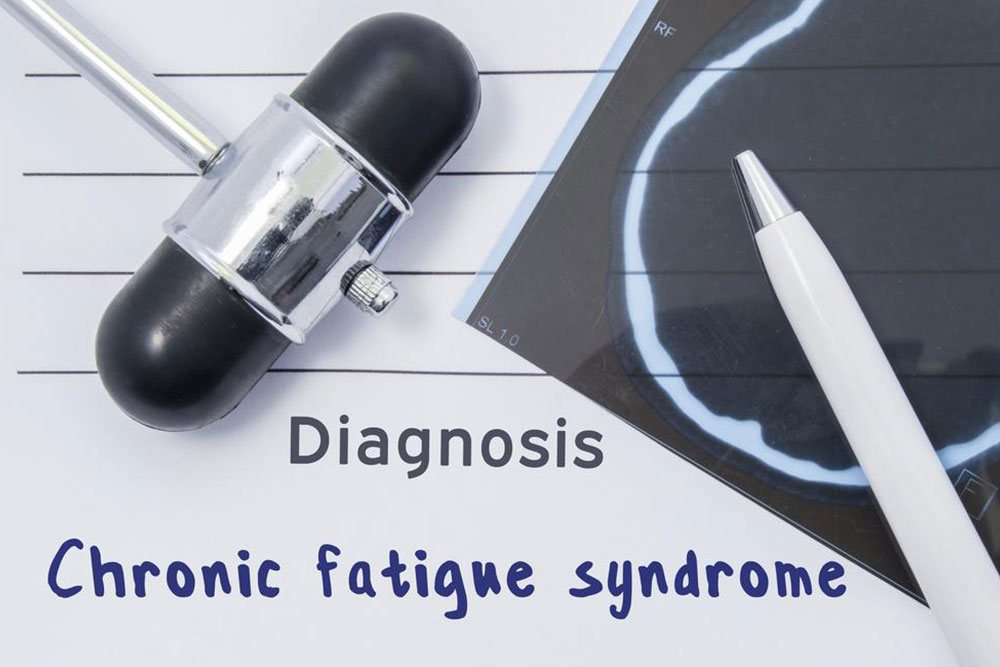Comprehensive Overview of Causes and Management of Long-Term Fatigue
Long-term fatigue can stem from various causes including health conditions, lifestyle factors, and emotional stress. This detailed guide explores medical causes like anemia, cancer, and autoimmune diseases, and highlights the importance of proper diagnosis and management. Lifestyle factors such as stress, diet, medication side effects, and sleep issues also contribute. Special attention is given to Chronic Fatigue Syndrome, its symptoms, potential causes, and approaches for relief. Early identification and comprehensive management are crucial to improving quality of life for affected individuals, emphasizing the importance of medical consultation and lifestyle adjustments.

Comprehensive Overview of Causes and Management of Long-Term Fatigue
Fatigue is a common yet complex condition characterized by an overwhelming sense of tiredness that significantly impairs daily functioning. Unlike normal tiredness that resolves with rest, long-lasting or severe fatigue can persist for weeks or months, drastically affecting an individual’s quality of life. It’s essential to understand the underlying causes, which can range from medical conditions to lifestyle factors, to effectively address persistent fatigue and improve overall well-being.
Persistent fatigue often serves as a symptom of various underlying health issues. Medical conditions such as anemia, where the body lacks sufficient red blood cells, can cause fatigue due to inadequate oxygen delivery to tissues. Cancers, particularly when in advanced stages or undergoing treatment, often leave patients feeling exhausted due to the disease itself or side effects of therapies like chemotherapy and radiation.
Malnutrition and deficiencies in vital nutrients including iron, vitamin D, and vitamin B12 also contribute significantly to feelings of tiredness. Chronic infections, autoimmune diseases, and hormonal imbalances such as hypothyroidism can further trigger long-term fatigue. Recognizing these underlying medical causes through proper diagnostics is crucial for targeted treatment.
However, not all fatigue has a medical origin. Lifestyle-related factors play a substantial role in onset and persistence. Excessive stress, poor dietary habits, insufficient physical activity, and sleep disturbances are common contributors. Overexertion, either physically or mentally, leads to fatigue that can become chronic if rest and recovery are neglected. Additionally, certain medications have side effects that include fatigue or drowsiness.
Viral infections are known to cause an initial spike in fatigue, but sometimes the exhaustion persists even after the infection has cleared, indicating a possible post-viral syndrome. Conditions like mononucleosis or influenza can leave individuals feeling drained for extended periods.
One of the more complex conditions associated with long-term fatigue is Chronic Fatigue Syndrome (CFS), also known as myalgic encephalomyelitis (ME). CFS is characterized by severe, unexplained fatigue lasting for more than six months, which is not alleviated by sleep and worsens with activity. Despite extensive research, the exact cause remains elusive; however, immune system dysregulation is believed to play a significant role. Studies suggest links to viral infections such as Epstein-Barr virus (EBV), human herpesvirus 6 (HHV-6), or bacterial infections like Chlamydia pneumoniae.
Patients with CFS often experience a constellation of symptoms beyond fatigue, including memory impairment, concentration difficulties, sore throat, muscle and joint pain, headaches, sleep disturbances, and flu-like symptoms. It predominantly affects women in their 40s and 50s, although it can occur at any age. Diagnosis is challenging, often relying on ruling out other causes of fatigue because no specific test definitively diagnoses CFS.
While there is currently no cure for chronic fatigue or CFS, management strategies are aimed at symptom relief and improving quality of life. Approaches include energy management techniques, physical therapy, counseling, and medications to address sleep issues, pain, or depression. Lifestyle modifications such as stress reduction, balanced diet, regular gentle exercise, and adequate sleep hygiene are vital components of treatment plans.
Early recognition and management of fatigue symptoms are essential. Individuals experiencing persistent tiredness should seek medical evaluation to identify potential underlying causes. From medical treatment to lifestyle adjustments, a comprehensive approach can help manage long-term fatigue effectively and enhance overall health and vitality.





